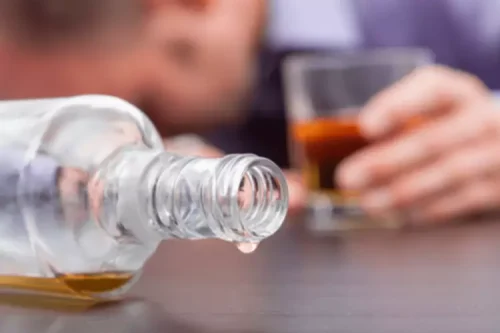
If you have chronic headaches, identifying and avoiding your triggers can substantially improve your quality of life. To determine if drinking (which may have a weaker correlation with migraines than previously thought) is one of yours, it’s helpful to learn the signs of alcohol-induced headaches. People who get migraine attacks during or after drinking should consider reducing or eliminating alcohol. If they find this too challenging, they may have alcohol use disorder, which warrants treatment.
Hangover symptoms among migraine and non-migraine sufferers
- The risk of developing an alcohol-induced headache is particularly high with mixed drinks that are composed of multiple types of liquor.
- However, these individuals were not more vulnerable to other hangover symptoms.
- This site is protected by reCAPTCHA and the Google Privacy Policy and Terms of Service apply.
- While there is some research on each possible reason why alcohol causes headaches, study authors have not definitively proven the link between the two.
Remaining hydrated is one way to reduce migraine attacks, but the type of beverage you choose matters. Nonalcoholic beverages with little to no added sugar are the best drinks for migraine. These include water, electrolyte drinks, bone broth, and diluted fruit juices. Quantity is definitely a factor in whether drinking alcohol will trigger a headache, and the quality of alcohol probably plays a role as well. We do not know for sure, though, how any specific type of alcoholic beverage will affect people with migraine.
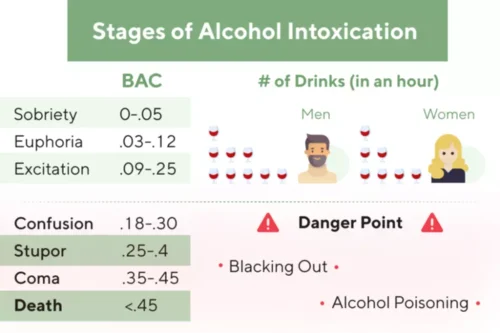
Immediate alcohol-induced headache
For example, drinking even a small amount of alcohol decreases sleep quality. Sleep deprivation can cause negative effects such as increased blood pressure or gastrointestinal discomfort. Research still needs to determine which remedy is most effective.
Earplugs for Migraine Attacks: 5 Features To Look For
Individuals who experience severe headaches after drinking alcohol may also avoid alcohol altogether. Vasodilation may trigger migraine attacks in certain individuals. This is especially true for people prone to headaches or migraine without alcohol.
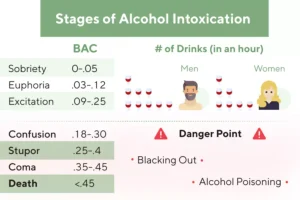
Those diagnosed with a specific type of headache may be more prone to develop a specific type of headache after consuming alcohol. 2020 research shows that females are more likely to experience hangovers, memory problems, and liver disease from consuming alcohol. It has been suggested that a tendency to experience alcohol-induced headaches could be genetic. Migraines in general have been linked to variations in genes, especially those that regulate blood flow to the brain.
- Whether or not alcohol is a migraine headache trigger is debatable.
- For some, this phase can be more debilitating than the migraine itself.
- In this article, we’ll consider research on the potential effects of alcohol on your migraine symptoms and treatment.
- A detailed description of risk of bias assessment for the cohort studies is presented in Table 3.
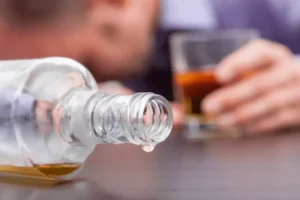
In still more reports, researchers have found that white wine and other alcoholic drinks can also cause migraine episodes, and perhaps even more frequently than red wine. Compounding matters, many people who report having a migraine attack after an alcoholic drink (or drinks) say an episode is not a given every time they raise a glass. No matter the exact percentage of migraine episodes that occur after drinking — be those red or white wine or other alcoholic beverages — the truth is that any alcohol can cause a migraine. Many people diagnosed with migraine work hard to figure out what causes (or triggers) their migraine attacks. For some, making dietary and lifestyle changes plays a critical role in managing symptoms and preventing future attacks.
- Share your thoughts in the comments below, or start a discussion on MyMigraineTeam.
- A meditation app like Calm can guide you through all three grounding techniques.
- Headaches from alcohol withdrawal — also known as delayed alcohol-induced headache (DAIH) or hangovers — usually develop the morning after you drink alcohol, when the level of alcohol in your blood drops to almost nothing.
- Participants were asked about cigarette smoking and marijuana smoking habits.
- Wine, in particular, has been linked to headaches dating back to antiquity.
- A 2023 review indicated that the risk of migraine in people who drink alcohol is about 1.5 times lower than in those who don’t, though the studies reviewed had a high amount of bias.
- The stimulant can prolong feelings of stress and, in turn, cause a potential migraine.
- Red wine can also cause a rise in the level of a type of brain chemical called serotonin (5-HT) in the blood.8 This has been linked to migraine headaches, though once again, the relationship is poorly understood.
- Additionally, keeping a diary to track your triggers and being mindful of other factors like stress can also be helpful.
If ADs are capable of triggering practically all primary headaches, they should act at a common pathogenetic level. The mechanisms of alcohol-provoking headache were discussed in relationship to the principal pathogenetic theories of primary headaches. The conclusion was that vasodilatation is hardly compatible with ADs trigger activity of all primary headaches and a common pathogenetic mechanism at cortical, or more likely at subcortical/brainstem, level is more plausible. The meta-analysis showed a 1.5-lower risk of migraine in people who consume alcohol. However, migraine patients consume less alcohol for various reasons.
It has been proved that self-reported alcohol consumption by patients can be underestimated; therefore, more reliable methods such as toxicological hair analysis may help to provide stronger evidence 91. Of the studies included in our analysis, 19 were based only on questionnaires while five included interviews with patients. However, these limitations are to some extent discounted by the number of studies included and the cultural diversity of migraine after drinking alcohol participants. In this article, we’ll consider research on the potential effects of alcohol on your migraine symptoms and treatment. Ultimately, the decision of whether or not to consume alcoholic drinks is up to you. However, knowing the effects alcohol may have on your body and migraine attacks could help you make up your mind.
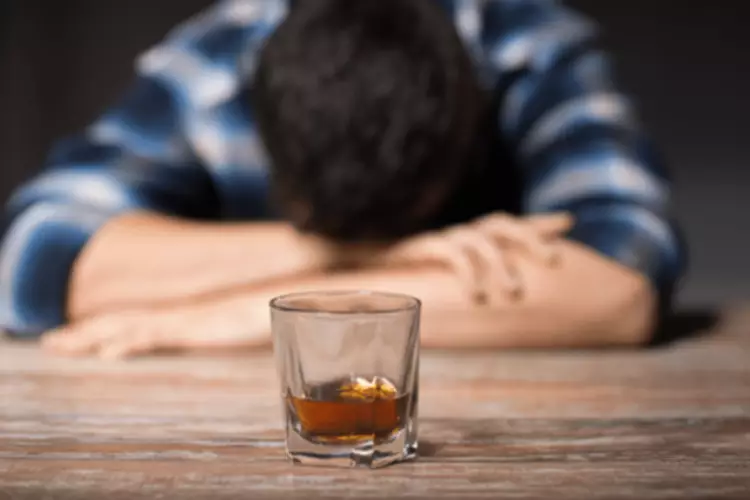
What Are the Symptoms?
Whereas the World Health Organization (WHO) states that there is no safe alcohol dose 19, Panconesi et al. conclude that low consumption is not a contraindication for headache patients 79. However, each patient makes individual decisions based on their own experience. Headache after a certain amount of alcohol is likely to induce behavioral reactions (i.e., alcohol-intake adjustment). Similarly, common beliefs may influence patients habits, e.g., the conviction that “red wine causes migraine”, even if studies present conflicting evidence 80, 81. Consequently, it seems likely that people with migraine to some extent avoid alcohol, which would be one interpretation of our results. For this reason, people with migraine may gain unforeseen healthcare benefits, e.g., avoiding negative effects of alcohol consumption such as gastrointestinal cancers 82, which can be partially confirmed by Elser et al. 83.
How we reviewed this article:
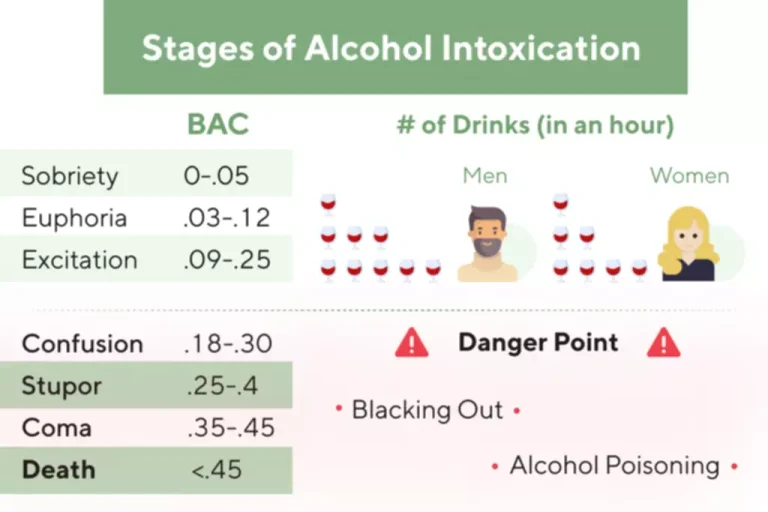
It’s not the same as a hangover headache, which occurs the morning after drinking too much. A cocktail headache develops the same evening, and even a tiny amount of alcohol can trigger it. Migraine episodes triggered by alcohol consumption typically happen within about an hour.